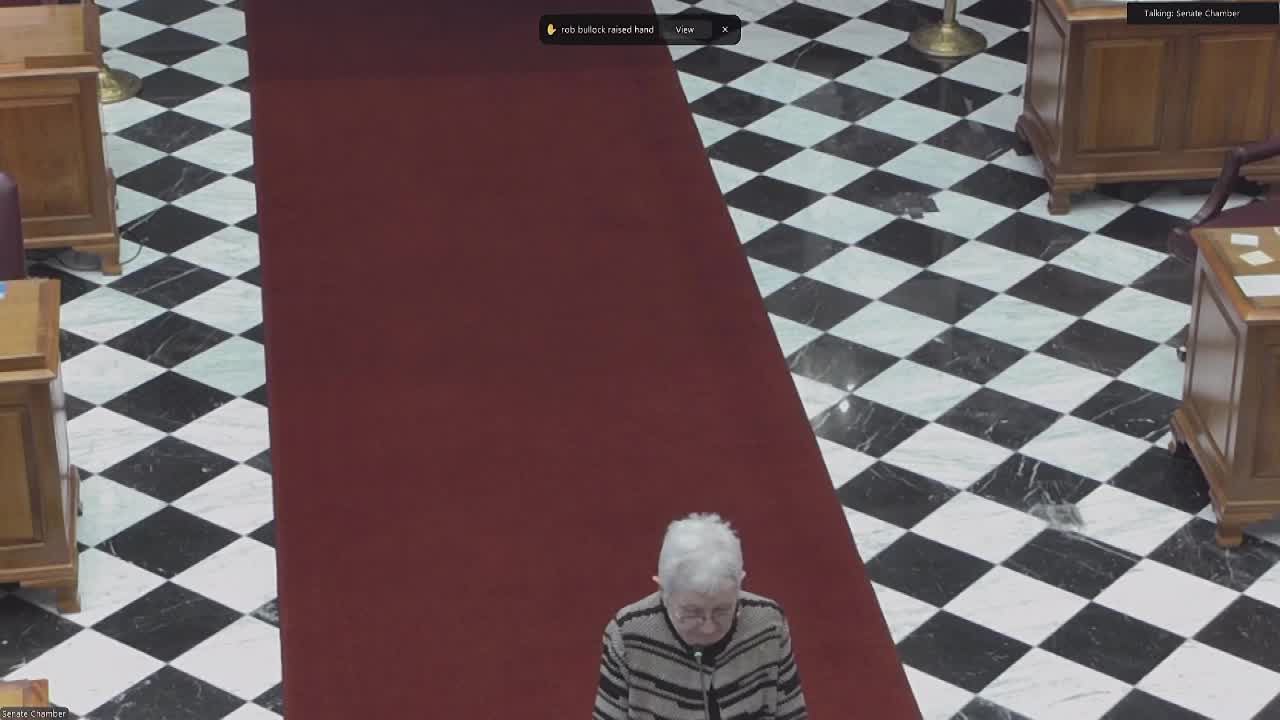Bill to publish Delaware utilities’ PJM stakeholder votes draws split over transparency and federal jurisdiction
Get AI-powered insights, summaries, and transcripts
Subscribe
Summary
Senate Bill 61 would require utilities and related entities representing Delaware ratepayers to publish votes they cast in PJM stakeholder groups and report annually on how each vote served the public interest.
Senator Stephanie Hanson described Senate Bill 61 as a transparency measure that would require entities representing Delaware ratepayers to publish votes cast in PJM stakeholder groups and to annually report how those votes served the public interest. Hanson said several other states in the PJM footprint have pursued similar bills.
Supporters told the committee that PJM decisions shape what generation can interconnect, how quickly projects move, and the resource mix available to Delaware. Peggy Schultz of the League of Women Voters of Delaware said ‘‘sunlight is a great disinfectant’’ and urged the committee to move the bill. Dustin Thompson of the Sierra Club Delaware Chapter said the bill is ‘‘one of the most important steps’’ the state can take to understand why regional decisions are made and how they affect Delaware customers.
Opponents argued the bill is duplicative and risks running into federal jurisdiction issues. Marcus Beal of Delmarva Power told the committee that PJM is federally regulated and that final votes and materials are already publicly available through PJM; he said SB 61 ‘‘seeks to control federally regulated transmission activities that Delaware cannot regulate.’’ Jamie Nutter, representing Delaware Electric Cooperative, said DEC is not a PJM member and asked that the bill remove DEC from the reporting entities. Kimberly Schlichting, president and CEO of the Delaware Municipal Electric Corporation (DMEC), requested the same exemption Maryland adopted for municipals, saying an obligation to report every vote from hundreds of meetings annually would impose disproportionate administrative costs on small municipal systems.
Committee members questioned how PJM stakeholder meetings are organized, how many meetings occur and whether votes or agendas are set in advance; witnesses said there are hundreds of meetings per year and that municipal and cooperative utilities often use coalitions and proxies to cover meetings they cannot attend. The witnesses and senators discussed trade-offs between transparency about how votes are cast and the burden of preparing public explanations after each stakeholder vote.
No committee action to enact the bill was recorded in the transcript; the hearing closed following additional public comment.
